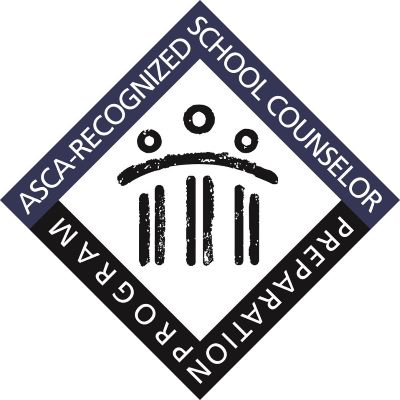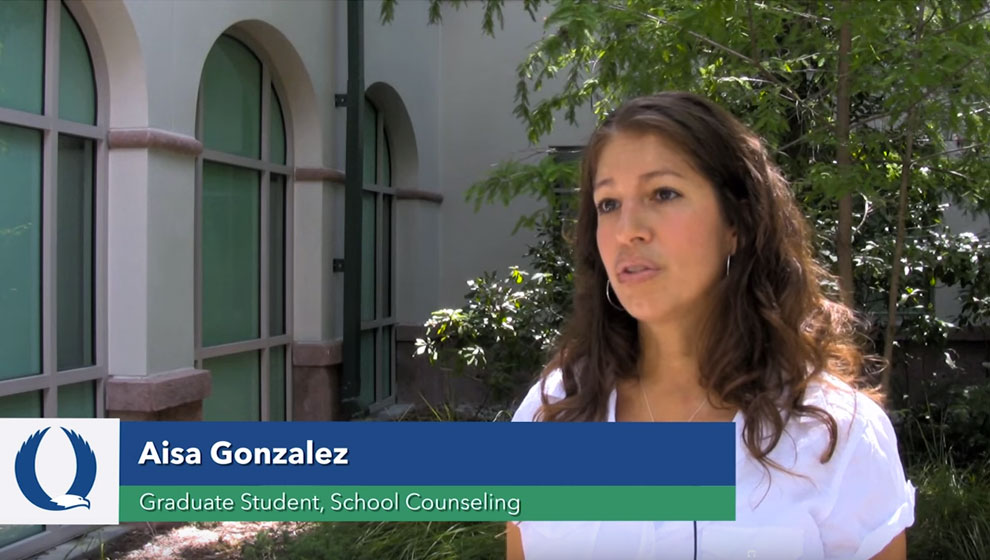School Counseling (M.A.)
The Counseling program offers an M.A. in School Counseling for students whose academic backgrounds include educator preparation or certification as well as for those who do not.
Program Overview
2
Year Program
600
Internship Hours
Students in the College of Education’s School Counseling program cover various areas including student learning & behavior, legal and ethical issues, college and career development, appraisal methods, counseling theories, group work, special populations, research, and program evaluation.
The program aligns with the standards of the Florida Department of Education and the American School Counselor Association (ASCA). Non-certified teachers must complete additional courses and pass the state FTCE exam for certification. With high demand for school counselors, students gain counseling competence, technological skills, and complete 600 hours of supervised internship over three semesters. Internships focus on college & career readiness, social-emotional learning, and academic achievement in local schools across SW Florida.
How We Prepare Our Students to be Effective School Counselors
- Mentoring
- Supportive classmates in your cohort
- State of the art, hands-on experiential learning
- Supervised internships
- Professional engagement, leadership, and advocacy
Advantages for School Counselors
- High demand for school counselors in SW Florida
- Work with K-12 students and families throughout the school year
- Make a positive difference in the lives of children
- Work with the whole child: academic, career, social, and emotional
ASCA-Recognized Curriculum
- The FGCU School Counseling Program is aligned with the ASCA school counseling curriculum standards (PDF).

Information for Current and Prospective Students
-
Accreditation
Toggle More Info -
Admissions Information
Toggle More Info -
Program Requirements
Toggle More Info -
Course Descriptions
Toggle More Info -
Course Schedule
Toggle More Info -
Learning Outcomes
Toggle More Info -
Tuition, Fees, and Financial Assistance
Toggle More Info -
School Counseling Programs of Study
Toggle More Info

